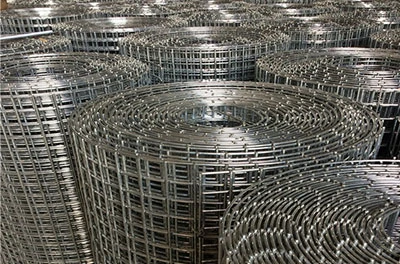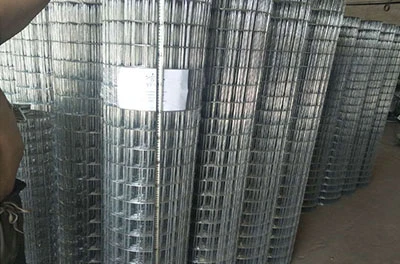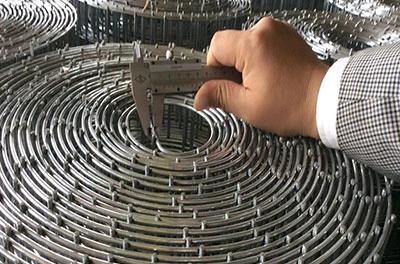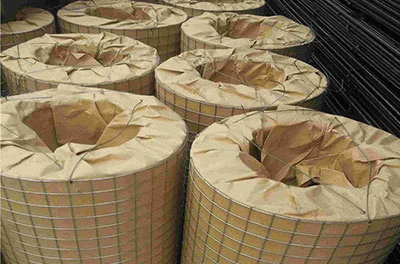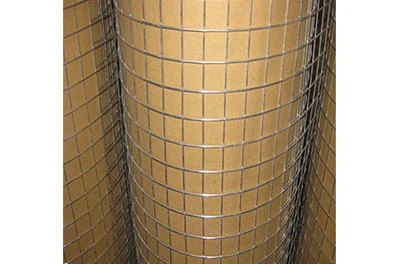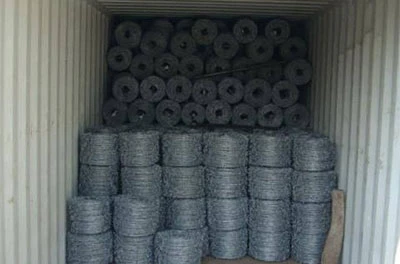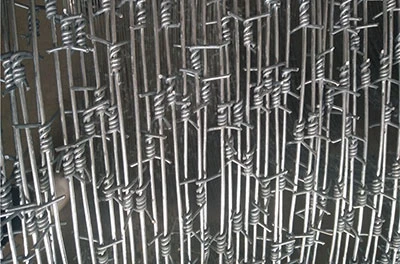Jan . 26, 2025 02:00 Back to list
Floor Drainage Trench Cover For High Quality Stainless Steel Serrated Steel Grating

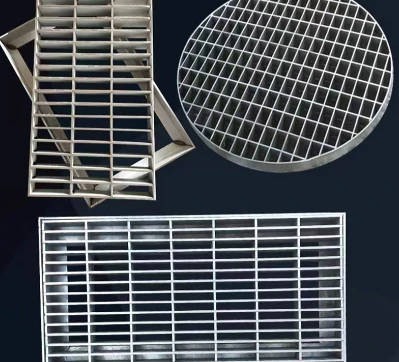
Authoritative voices in the drainage industry stress the importance of proper installation and maintenance of driveway drain grates. Incorrect installation can lead to inadequate drainage, causing pooling of water and potential property damage. It is essential to employ a skilled contractor who can assess the slope and grading of the driveway, ensuring optimal water flow into the drainage system. Regular inspections and cleaning to remove debris like leaves and dirt can prevent blockages and maintain the efficiency of the grates. A trusted approach to selecting the ideal driveway drain grate involves evaluating the load rating, size, and pattern of the grate. Load ratings indicate the weight a grate can withstand, from pedestrian (Class A) to airport or port use (Class F). Selecting the appropriate load rating ensures that the grate can handle expected traffic without damage. Furthermore, the size of the grate’s opening impacts its capability to filter out large debris while allowing water to pass freely. Choosing a pattern that complements the overall design of your driveway extends beyond functionality, adding an element of style that enhances curb appeal. Relying on insightful data, studies show that integrating trench drain systems with well-selected grates significantly reduces maintenance costs by preventing water-related issues such as erosion or pavement cracking. Moreover, advancements in grate manufacturing now allow customization options tailored to specific project requirements, ensuring that homeowners and businesses can find the perfect fit for their drainage needs. In conclusion, driveway drain grates are a vital component of any effective drainage system. Understanding the nuances of each material, load rating, and pattern alongside regular maintenance ensures the longevity and function of your drainage system. With expertise from professional contractors and innovative solutions from manufacturers, selecting and maintaining the right driveway drain grate can prevent costly repairs, protect investments, and contribute to the beauty and functionality of your property. Thorough research, consultation with knowledgeable experts, and considering environmental impacts further establish trust and authority in the decision-making process. Choose wisely, and your driveway grate will serve as a steadfast guardian against water damage for years to come.
Latest News
-
Brick Mesh Wall Solutions | Enhanced by GPT-4 Turbo Design
NewsAug.01,2025
-
Premium Anti-Climb Fence Spikes for Sale
NewsAug.01,2025
-
Premium Peach Post Fence | Durable & Stylish Security
NewsJul.31,2025
-
Best Galvanized Grating Price - Durable Galvanized Steel Grating Solutions
NewsJul.30,2025
-
0.5-4.0mm Wire 2×2 4×4 8×8 Hot Dipped Galvanized Welded Mesh Roll
NewsJul.30,2025
-
Metal Fence Pickets for Sale – Durable Galvanized & Steel Options
NewsJul.29,2025
Our company owns has excellent CAD steel grating drawing designers, who can provide customers with perfect steel grating layout design and better meet customers' special requirements for products. We have been adhering to it the business tenet of "quality first, customer first", with high-quality products, reasonable prices, and the fastest delivery time, we wholeheartedly provide customers with a full range of services! Welcome new and old customers to cooperate sincerely and create brilliance together!
Contact Us
WELCOME TO OUR COMPANY!
Thank you for your interest in our services! If you have any questions or wousld like to book a service, please don’t hesitate to contact us. Our team is dedicated to providing you with the highest level of service and support, and we are committed to working with you to make your event a success.

Service Email

Service Phone
Product Center
Contact Us
- Phone: +86 +86 15733154345
- E-mail: sales@chengsenchina.com
- Address: B1213 GLOBAL CENTER, NO.226 ZHONGHUA NORTH STREET, SHIJIAHUANG, CHINA


